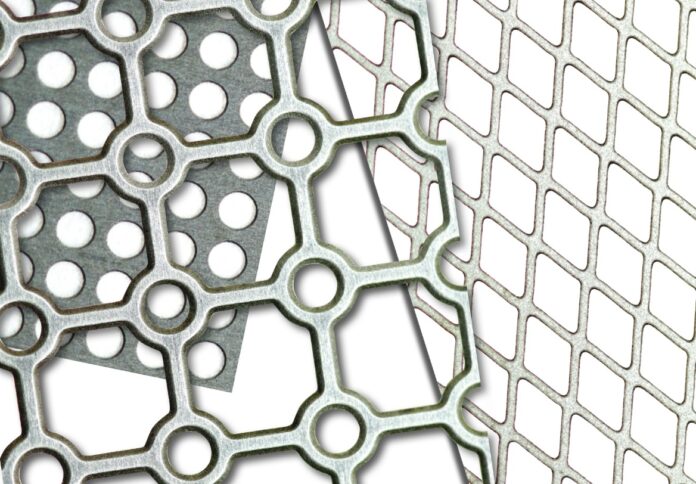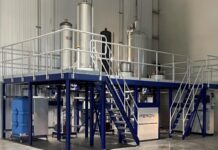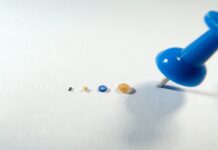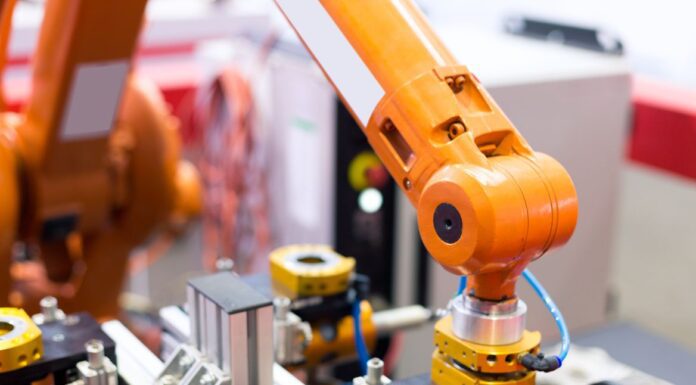
Germany-based micrometal GmbH said it is working with HP Etch and Etchform to improve its photo chemical etching (PCE) in an effort to provide companies with a highly precise metal component manufacturing process for a range of demanding industrial applications.
As a result, the company said it can now produce titanium parts with orders of magnitude finer tolerances than standard PCE vendors owing to advancements in etching chemicals and process optimisation.
This development also opens up a wide range of opportunities for the manufacturing industry, micrometal said in a press release.
“Production methods for processing titanium need to be fast and minimise waste to be considered economical, and here PCE comes into its own,” said Jochen Kern, head of sales and marketing at the micrometal Etching Group.
Kern noted that the focus is on modifying the science such that titanium’s intrinsic properties that prevent machining are overcome, even if PCE addresses some of the problems that conventional metal processing technologies encounter.
Micrometal pointed out that titanium is often the material of choice for components used in end-use medical and aerospace products due to its high strength-to-weight ratio, its biocompatibility, corrosion resistance, extensive temperature range, and low thermal expansion co-efficients.
However, the company emphasised that it is challenging and occasionally dangerous to treat titanium using conventional metal processing techniques.
Titanium has high strength, low thermal conductivity, and high-temperature reactivity with some tool materials. This implies that equipment may not operate the metal efficiently and will degrade excessively soon.
“One such issue is that when exposed to air, titanium forms a protective oxidised coating which is extremely difficult to dissolve, and so etchant chemistries have been developed that cut through this layer and allow the processing of the base material,” Kern explained.
The majority of the small number of PCE suppliers that are able to process titanium using concentrated hydrofluoric acid as an etchant material, but this is a risky substance that could harm the environment, and the requirements for chemical containment and extraction make it a costly process that raises the price of finished parts, according to the micrometal official.
In turn, since the micrometal Etching Group is one of the few PCE providers that does not use concentrated hydrofluoric acid, the company said its customers can take advantage of titanium’s strength, lightness, heat resistance, and corrosion resistance at a reasonable price and without the use of any particularly hazardous chemicals.


















